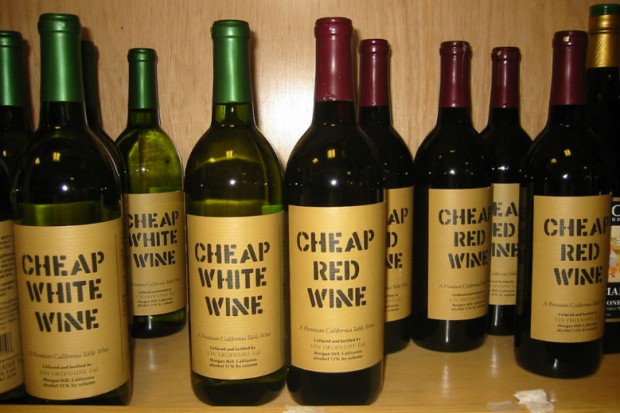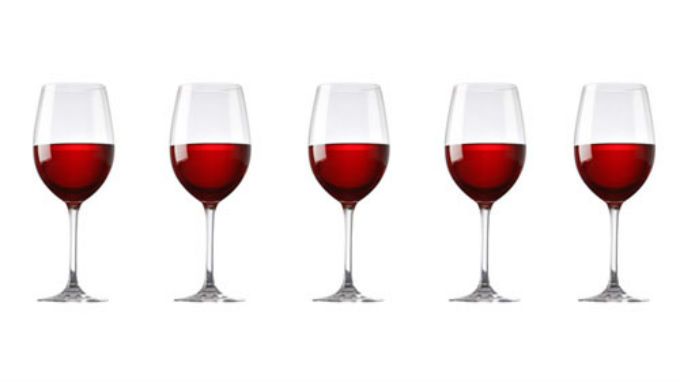It’s the eternal struggle for wine drinkers: Do you choose the expensive wine that tastes great, or the cheaper wine you can afford, but tastes much worse?
It’s a choice that all wine-lovers have faced while standing in the liquor store aisle. But now there’s a way to have both great taste and a great price, and it’s all up to the marketers.
It may be confusing until you hear about the latest study, which proves that we think wine tastes better when we think it’s expensive. The study, published in the Journal of Marketing Research, explains that often, it isn’t the actual taste of the wine that we detest. It’s another story of the placebo effect, and it proves that we like things more when we think they are expensive, whether they are or not. Author of the study, Hillke Plassmann of INSTEAD, wrote,
Studies have shown that people enjoy identical products such as wine or chocolate more if they have a higher price tag. However, almost no research has examined the neutral and psychological processes required for such marketing placebo effects to occur.
For the study, a group of people were given five glasses of wine at five different price tags–or so they thought (there were really only three types of wine and two different prices). After tasting the wines at $5, $10, $35, $45, and $90, the MRI brain scans of the participants showed that “price prejudices” definitely made a difference in how people viewed each glass.
But the study doesn’t only apply to wine. A second test was done using milkshakes, and was used to test “taste” variables in addition to price. When milkshakes were labeled “organic” versus “regular,” and “regular” versus “light,” the results were the same. “Taste prejudices”–i.e. the fact that we assume organic things taste better, or that light products have less taste–make a difference in how we like the actual taste of a product. We gravitate towards what we assume will be better, and that thing usually has organic labels or a higher price.
The prejudice is hard to avoid, but it actually affected some people more than others. Certain personality differences left some participants more susceptible to the taste and price prejudice. For instance, those who tend to “seek rewards in life”, or had “little self-awareness” were more likely to fall prey to the price tag.
So what does this all mean? If we are tricked into thinking something is more expensive, or better for us, then our brains will believe it is better. Marketing plays a huge role in this, and is why advertising and labels are so important. And it also leaves companies with a lot of responsibility; they may even be able to make foods that people generally don’t like, say, vegetables, taste better to an unsuspecting audience.
Next time you’re at a party, if you want to impress the guests on a budget, make sure to buy the cheap bottles with the classiest labels. And, if you want to enjoy your cheap bottle of wine, you should consider sending a friend to buy one for you (and never asking them what the price was).
[Featured Image Credit: winefugitive.com]

